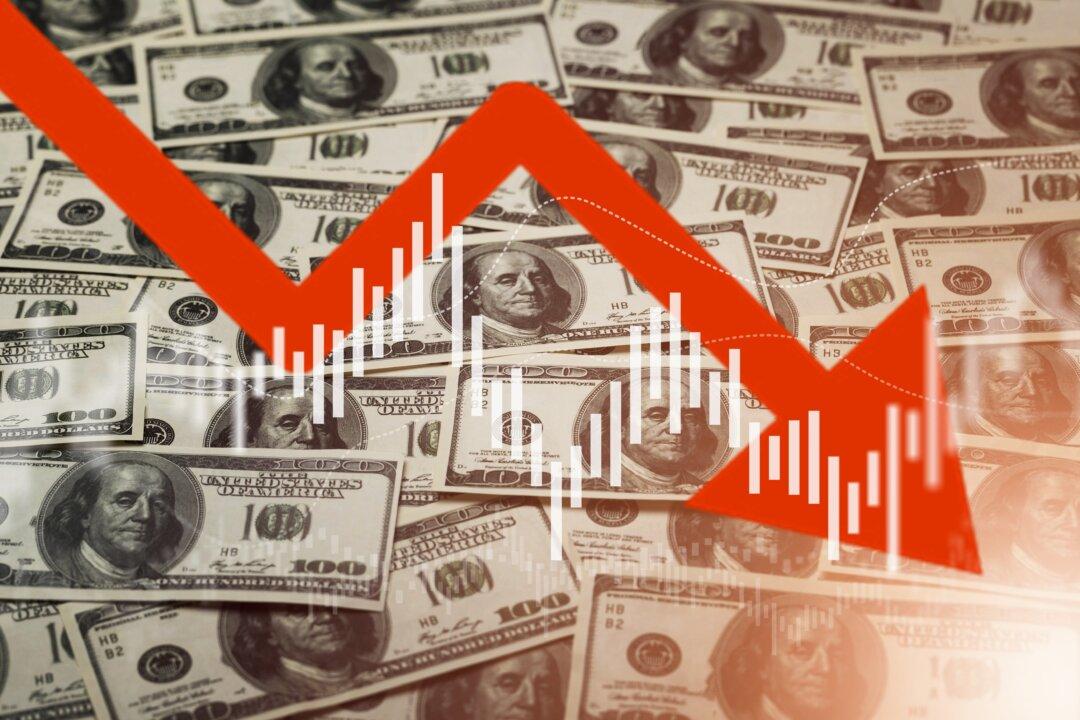America may be about to enter or could currently be in the midst of a “rolling recession” rather than a full-blown economic downturn or a soft landing, according to experts.
Nick Reece, vice president of macro research and investment strategy at Merk Investments and a member of the Portfolio Management Group, took to Twitter earlier in January where he stated that it is possible that the United States is already in a rolling recession.




